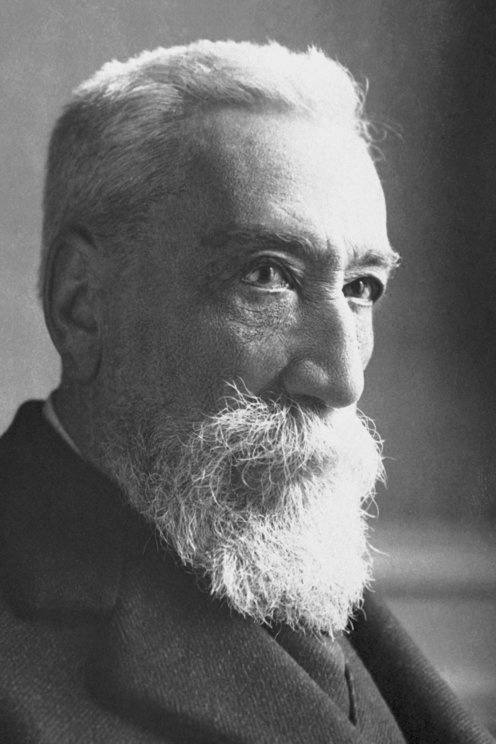Why was Anatole France Awarded the Nobel Prize for Literature in 1921?
Anatole France: A Nobel Laureate for Literature in 1921
In 1921, the Nobel Prize for Literature was awarded to Anatole France, a French writer and essayist. His recognition by the Nobel Committee garnered widespread acclaim and admiration from literary enthusiasts worldwide.

1. Mastery of Prose and Eloquence:
Anatole France’s remarkable command of prose and eloquence was one of the primary reasons for his Nobel Prize recognition. Throughout his literary career, he exhibited a captivating writing style that blended elegance with intellectual depth. His ability to weave poetic language into intricate narratives garnered widespread admiration from readers and critics alike.
2. Intellectual Brilliance and Wit:
France’s writings were marked by their intellectual brilliance and sharp wit. He possessed a keen observational eye and an acute sense of irony, which he skillfully employed to satirize societal conventions and human foibles. His ability to infuse humor and satire into his works made them not only entertaining but also thought-provoking, leaving a lasting impact on his readers.
3. Exploration of Historical and Philosophical Themes:
Anatole France’s literary works often delved into historical and philosophical themes. He was known for reimagining historical events and figures, blending reality with fiction to create compelling narratives. His writings were deeply rooted in a profound understanding of history and philosophy, allowing him to address complex themes with subtlety and depth.
4. Notable Works:
Several of Anatole France’s works contributed significantly to his Nobel Prize win. Notable among them is his novel “Thaïs,” a compelling exploration of religious fervor and the pursuit of beauty, set in ancient Egypt. Additionally, “The Gods Are Athirst” (“Les Dieux ont soif”), another of his renowned works, is a gripping portrayal of the French Revolution and its aftermath. These novels, among others, showcased his literary prowess and ability to intertwine historical and philosophical elements.
5. Commitment to Humanitarianism:
Anatole France’s writings were often imbued with a sense of humanitarianism and compassion. He championed social justice and used his literary platform to advocate for the marginalized and oppressed. His deep empathy for the human condition resonated with readers and further solidified his reputation as a writer with a conscience.
Anatole France’s Nobel Prize for Literature in 1921 was a testament to his mastery of prose, eloquence, intellectual brilliance, and exploration of historical and philosophical themes. His notable works, such as “Thaïs” and “The Gods Are Athirst,” showcased his ability to create compelling narratives that captivated readers and left a lasting impression. Moreover, his commitment to humanitarianism and his sense of empathy for the human condition added a depth of meaning to his literary contributions. France’s legacy as a celebrated French writer and essayist endures, with his works continuing to be appreciated and studied for their literary brilliance and timeless relevance.




